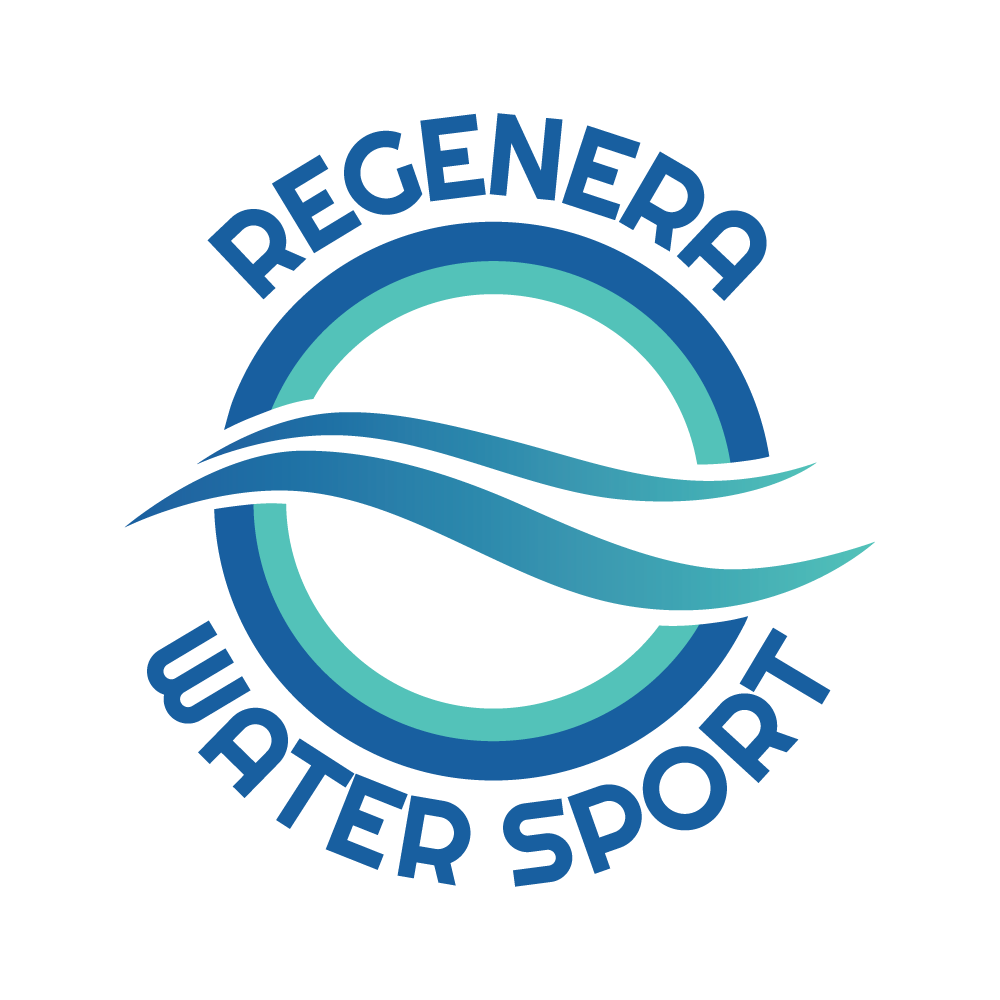News
REGENERA

Inspired by the concept of regenerative tourism, the REGENERA WATER SPORT project aims to develop a methodology that not only renders sport practice climate-neutral and sustainable but also ensures that sport activities actively contribute to the regeneration of the environment.
Project financed by the Erasmus+ Programme of the European Union, from January 20224 to December 2026.
{slider THE PROJECT}
The project will primarily focus on water sports, aiming to protect and regenerate inland water sources such as lakes, ponds, and rivers. It seeks to develop a 5-Helix Multistakeholder model of governance to implement the REGENERA WATER SPORT framework and ensure coordination among all stakeholders: public authorities, sports clubs, sport tourism companies and operators, environmental associations, and civil society organizations.
The partnership comprises six organizations across five European countries (Spain, Ireland, Slovenia, Finland, and Belgium). Four of these organizations (CEPE, VSZ, ECOF, and LNTI) will act as Pilot Implementation Sites to test the effectiveness of the methodology developed by the academic partner (INEFC). Lastly, the strategic partner (ACR+) will ensure the sustainability and transferability of the project. By focusing on everyday sport, sport competitions, and sport tourism, the impact of this three-year project will be evaluated at two levels.
- Firstly, the project's short-term performance will be assessed by evaluating the population reached (290,000), the number of actors involved (90), and the number of regenerative practices implemented (20), benefiting up to 2,000 athletes and sportspersons (professionals, amateurs, tourists, scholars). Additionally, 400 sports leaders, trainers, guides, instructors, and pupils will be trained on the multidimensional aspects of the environmental impact of sport and physical activities on natural water sources.
- Secondly, the long-term impact, concerning environmental and social aspects, will be evaluated based on carbon footprint, waste management, water use, biodiversity, social impact, and stakeholder engagement.
{slider ACTIVITIES}
ACR+ will ensure the sustainability, mainstreaming, and transferability of the methodology established during the stakeholder mapping and tested in the Vulnerability Assessment and SWOT analysis, ensuring its preservation within organizations beyond the project's lifetime:
- Cross-fertilization: Engaging with international actors through the sharing of results and activities will foster a fruitful exchange. Additionally, a board of associated partners will be established and regularly consulted during the project to ensure coherence of initiatives.
- Sustainability plan: This plan will ensure that the good practices and activities adopted by the partners are continued after the project ends, including the evaluation of financial and administrative costs.
- Capacity building: As mentioned, training will be part of the pilot implementation, transferring good practices and lessons learned to other professionals. These professionals will later implement such practices and share them with their peers.
- Transfer roadmap: A tailored roadmap will be created, outlining clear steps for policymakers and facilitating the implementation of the methodology by other actors.
- International Forum Conference: Specific know-how will be shared with actors identified through cross-fertilization practices. The results of the project will be announced, presenting it as a new public resource to be used by other sites.
{slider PARTNERS INVOLVED}
ACCESS´ project leader is CONSELL ESPORTIU DEL PLA DE L'ESTANY (ES), and its project partners are:
- ACR+, ASSOCIATION OF CITIES AND REGIONS FOR SUSTAINABLE RESOURCE MANAGEMENT (BE)
- EKOKUMPPANIT OY (FI)
- VESLASKA ZVEZA SLOVENIJE&NBSP (SI)
- LEAVE NO TRACE IRELAND (IE)
- INSTITUT NACIONAL D'EDUCACIO FISICA DE CATALUNYA (ES)
{/sliders}
More information:









